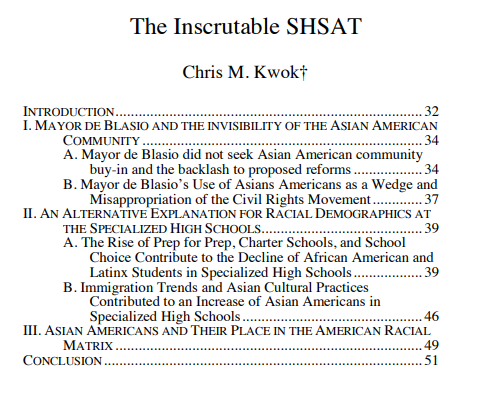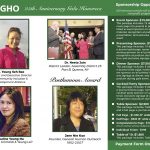Over 40 national, state, and local bar associations join NAPABA to oppose Executive Order 14160.
NAPABA corrects the federal government’s misreading of U.S. v. Wong Kim Ark.
NAPABA highlights the detrimental impact on the Asian American community if EO 14160 is upheld.
WASHINGTON – The National Asian Pacific American Bar Association (NAPABA) and 43 of its affiliates and national associates from across the country joined forces to defend the fundamental constitutional guarantee of citizenship. Led by NAPABA, the coalition filed an amicus brief, which can be found here, with the U.S. Court of Appeals for the Ninth Circuit in State of Washington v. Donald J. Trump.
The Fourteenth Amendment of the U.S. Constitution promises every person equal treatment under the law. It also includes an equal claim of citizenship to all persons born in the United States, regardless of the stature or circumstances of their parents.
Executive Order 14160 upends that promise. It refuses to recognize the birthright citizenship of any child born in the United States to a mother who is lawfully present on a temporary basis, like those on work or student visas, and a father who is neither a U.S. citizen nor a lawful permanent resident.
In our amicus brief, NAPABA and the coalition highlight the core principles established in United States v. Wong Kim Ark, 169 U.S. 649 (1898). The Court upheld the conferral of citizenship to children born in the U.S. to non-citizen parents under the Fourteenth Amendment’s Citizenship Clause. The brief underscores the historical significance of this precedent, the role of Asian Americans in shaping our nation’s foundational immigration and civil rights precedents, and the disproportionate harms that EO 14160, if upheld, would visit upon Asian American communities.
EO 14160 distorts the holding of Wong Kim Ark. The federal government misreads the Court’s 1898 description of Wong’s parents as having a permanent residence in the U.S. Our brief explains this oversimplification by recounting the historical discrimination Chinese migrants faced in the late 19th century. Under this backdrop, their presence in the country was a far cry from the lawful permanency afforded to today’s green card holders. At that time, the Chinese immigrants were excluded from full participation in civic life and systematically denied the ability to integrate into American society. They faced mass violence and a cascading series of exclusionary laws designed to expel them. By drawing this parallel, NAPABA underscores how EO 14160 would disproportionately harm Asian American communities, echoing the same past exclusionary motives.
We extend our heartfelt gratitude to our exemplary legal team for their tireless work behind the brief, including Rahat N. Babar, who serves as NAPABA’s Deputy Executive Director and General Counsel, Edgar Chen, who serves as NAPABA’s Special Policy Advisor, and Chris M. Kwok, who serves as co-chair of NAPABA’s Dispute Resolution Committee.



